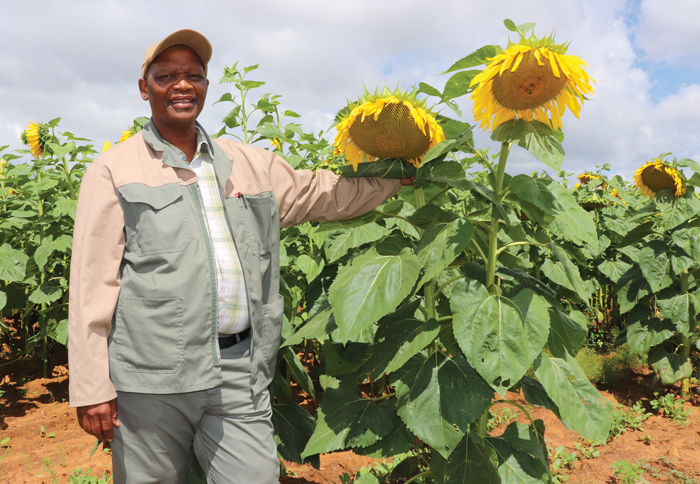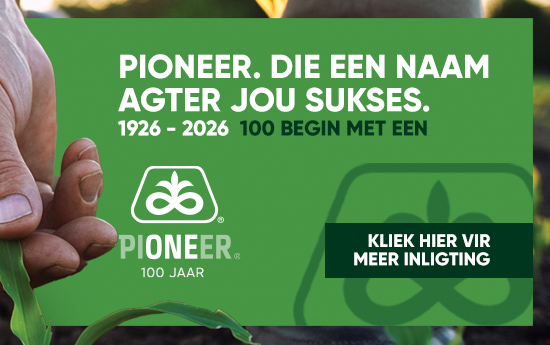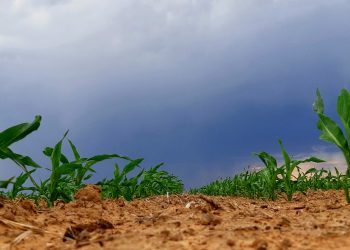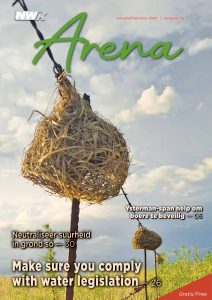
Alphie Nchoe, a 59-year-old former school principal who farms at Rooijantjiesfontein (Ga-Maloka Village) near Lichtenburg, is a testament that if the beneficiaries of the land reform programme have a will to succeed and are willing to learn, they can and do achieve great successes.
With media reports of 350 dairy cows having starved to death on a R43-million state-funded farm in the Eastern Cape, it reinforces the belief that land reform in South Africa is failing dismally. There are many failures in the programme, but these shouldn’t cast a shadow over the success stories it has produced, such as that of Alphie.
The ad hoc committee exploring amending Section 25 of the Constitution to allow for land expropriation without compensation, held further public hearings on 23 March as it prepared to finalise the amendment bill. This issue seemed to have taken a backseat in 2020, with COVID-19 diverting the government’s attention, but it is gaining momentum again as we are nearing municipal elections later this year.
Removed and relocated
Before the community was relocated in 1976 to Gannalaagte near Delareyville, Alphie’s father used to farm with livestock and crops in the Rooijantjiesfontein area.
He completed matric at Kebalepile High School in Mahikeng before he qualified as a teacher at Batswana Teachers Training College and the former Potchefstroom University for Christian Higher Education (now North-West University). Later he proceeded to obtain honours’ and masters’ degrees.
With land reform being a priority for the ANC government, their community which was removed from the area in the apartheid era formed a Communal Property Association (CPA) and filed a successful land claim.
Alphie has always been passionate about farming, since it was also a passion of his father. But what really inspired him most to make it work, was a comment from a farmer in the area. The farmer asked him why the majority of beneficiaries of land reform lease the land, rather than farm on it themselves. “It was then that I felt highly motivated to venture into crop farming, which I also enjoy,” he says.
A career change
Alphie had no formal agricultural training whatsoever, with the exception of agricultural science and biology at high-school level. He started to engage with commercial farmers on the do’s and don’ts of crop-farming practices, including the thorough preparation of soil, the relevant implements to use, the importance of the application of good-quality fertiliser, top dressing as well as pesticides for weed control.
“I spoke to farmers with sound knowledge of good farming practices across all races. The most I met were fortunately eager to share their knowledge, even today.”
He believes that all subjects, even language studies, history, geography, mathematics, science and commercial subjects, provide skills and knowledge that are valuable in farming. He also read many magazine articles on farming, newspapers and newsletters, watched television programmes and listened to radio inserts on agricultural practices.
“Most importantly, I consulted before implementing a new step, to ensure that my efforts would yield great results,” he added.
Start small, dream big
Despite the drought, Alphie tried his hand at planting only 40 ha of sunflower in 2017. He had to delve into his retirement funds, as he could not get a loan. “What institution would want to risk and avail money to you with no track record of farming and having just left a profession with decades of experience? Despite that, you follow your dream against all odds.”
He used to prepare the soil himself before hiring someone to plant, apply pesticides and harvest for him. “Some of the implements I hired or borrowed.”
He applauds Benedict Modise, director of transformation at NWK, as well as Leonard Thaphathi, manager of developing agriculture at NWK, for the faith they had in him and the role they played in helping him to get his agricultural operation off the ground.
“Leonard would come and advise before I prepared the soil and before I planted. He would also come and assess a week later to see if the seedlings had come up as expected,” Alphie shares.
It is four years later and Alphie currently has 32 ha under sunflower and 120 ha under maize. Last year, he managed to harvest 6 t/ha of maize, with the hope for 6,5 t/ha this year. In addition, he also has to manage some cattle and sheep.
“Some people knowing me well from my previous profession, still find it very difficult to connect the dots,” Alphie added.
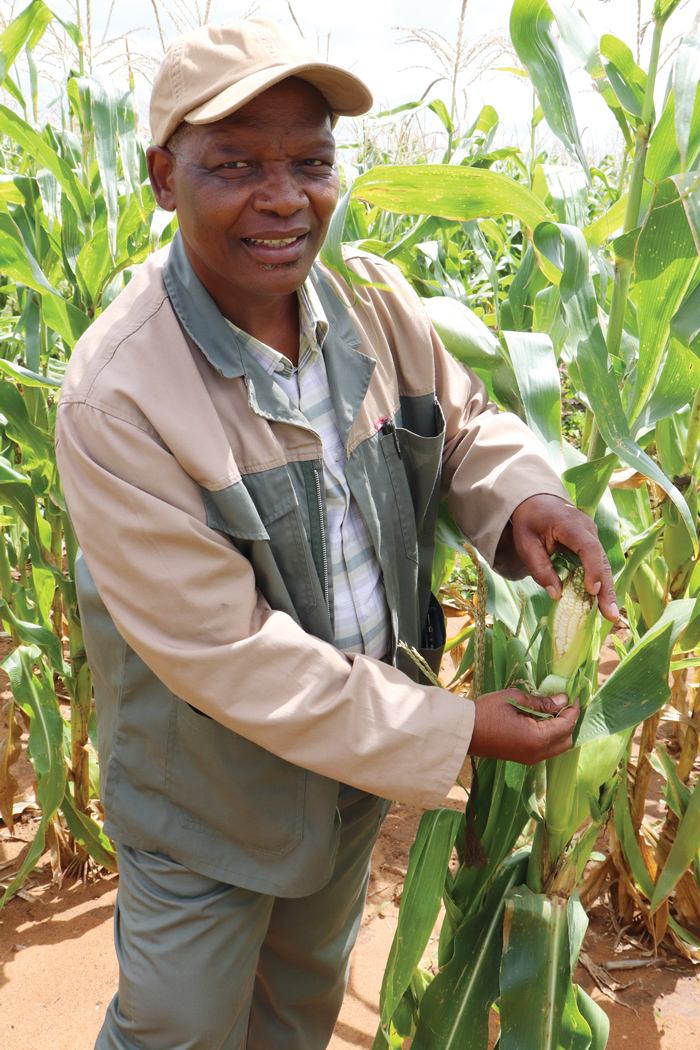
Challenges and support
Apart from struggling to obtain funding, Alphie struggled to get the right machinery to address issues such as soil compaction and capacity in terms of kilowatt, amongst others.
The fact that his farming practice is in a communal land, poses another set of challenges such as the maintenance of fencing, water supply, calves of mixed breeds and many more. He is currently renting land for crop farming from the CPA.
Alphie applauds NWK for its share in his success. “I get full support services from the plenary to the implementation stages. Their field workers are very resourceful and willing to assist you with, amongst others, the calibration of planters, determining plant population per hectare and fertiliser amounts, estimates on possible t/ha, the interpretation of soil test results, marketing and the selling of crops.”
He also describes the workshops, information sessions and farmer’s days that NWK organise as very useful.
Advice to other aspiring farmers
His advice to those who would like to pursue farming, is to do their homework. “Research, consult, do on-site visits at crop fields, be prepared and determined to learn new things, deferring from your previous career, work your soil accordingly.
“Remember that farming is a business, so you must avoid fruitless expenditure. The same should apply to your livestock maintenance plan, which should provide for bulls, vaccination, water, leaks, handling facilities and calve weaning.”
A mentor’s perspective
Leonard Thaphathi shares his views on why he thinks Alphie is successful at farming: “He has literally taken his experience as a former principal and applied it in farming. He is really the modern student in farming, as he is a good listener, very inquisitive, interrogates and verifies information that he is advised on. When he is not sure of what he should do, he always consults the relevant people for the activities he wants to perform.
On top of it all, he is very passionate about farming and very hardworking. He always chooses the farming activities that match his capacity – farming each hectare effectively as opposed to larger hectares that are not worked optimally.”



